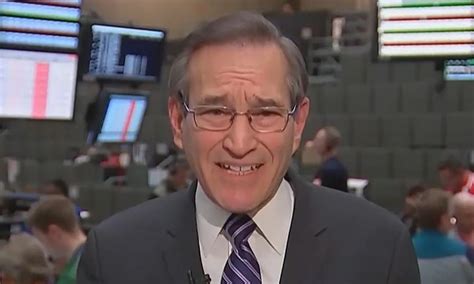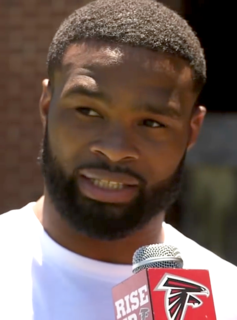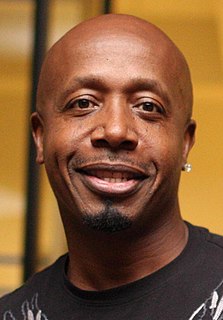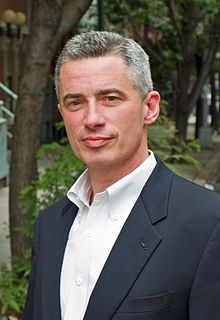A Quote by Rick Santelli
I don't understand it and haven't understood in this world of technology: where every building has a camera, every ATM has a camera, why don't we have cameras on police officers?
Related Quotes
As far as digital technology has come, there's still one thing that digital cameras won't do: give you perfect color every time. In fact, if they gave us perfect color 50% of the time, that would be incredible, but unfortunately every digital camera (and every scanner that captures traditional photos) sneaks in some kind of color cast in your image. Generally, it's a red cast, but depending on the camera, it could be blue. Either way, you can be pretty sure-there's a cast.
I like working on one - camera. This is not false modesty, but I don't think I'm very good at three - camera. And it's not that I'm nervous, but I just sort of feel like my collar is too small, or my clothes don't fit. I don't understand what that is. And I don't understand the format: There's an audience in front of you that you're playing to, but there are also these cameras.
With photography, everything is in the eye and these days I feel young photographers are missing the point a bit. People always ask about cameras but it doesn't matter what camera you have. You can have the most modern camera in the world but if you don't have an eye, the camera is worthless. Young people know more about modern cameras and lighting than I do. When I started out in photography I didn't own an exposure meter - I couldn't , they didn't exist! I had to guess.
Building a police culture that reflects the professionalism of our best officers will require that we pay a decent wage. Treating every American as truly equal in the eyes of the law will require that we teach officers to understand different cultures and social conditions and to recognize the implicit biases we all carry.
There's been a lot of talk about body cameras as a silver bullet or a solution. I think the task force concluded that there is a role for technology to play in building additional trust and accountability, but it's not a panacea, it has to be embedded in a broader change in culture and a legal framework that ensures that people's privacy is respected and that not only police officers but the community themselves feel comfortable with how technologies are being used.

































